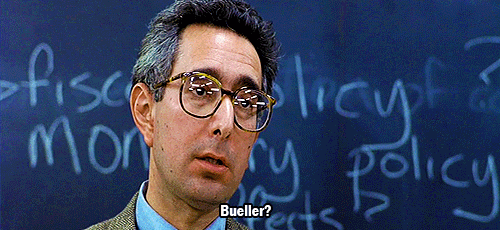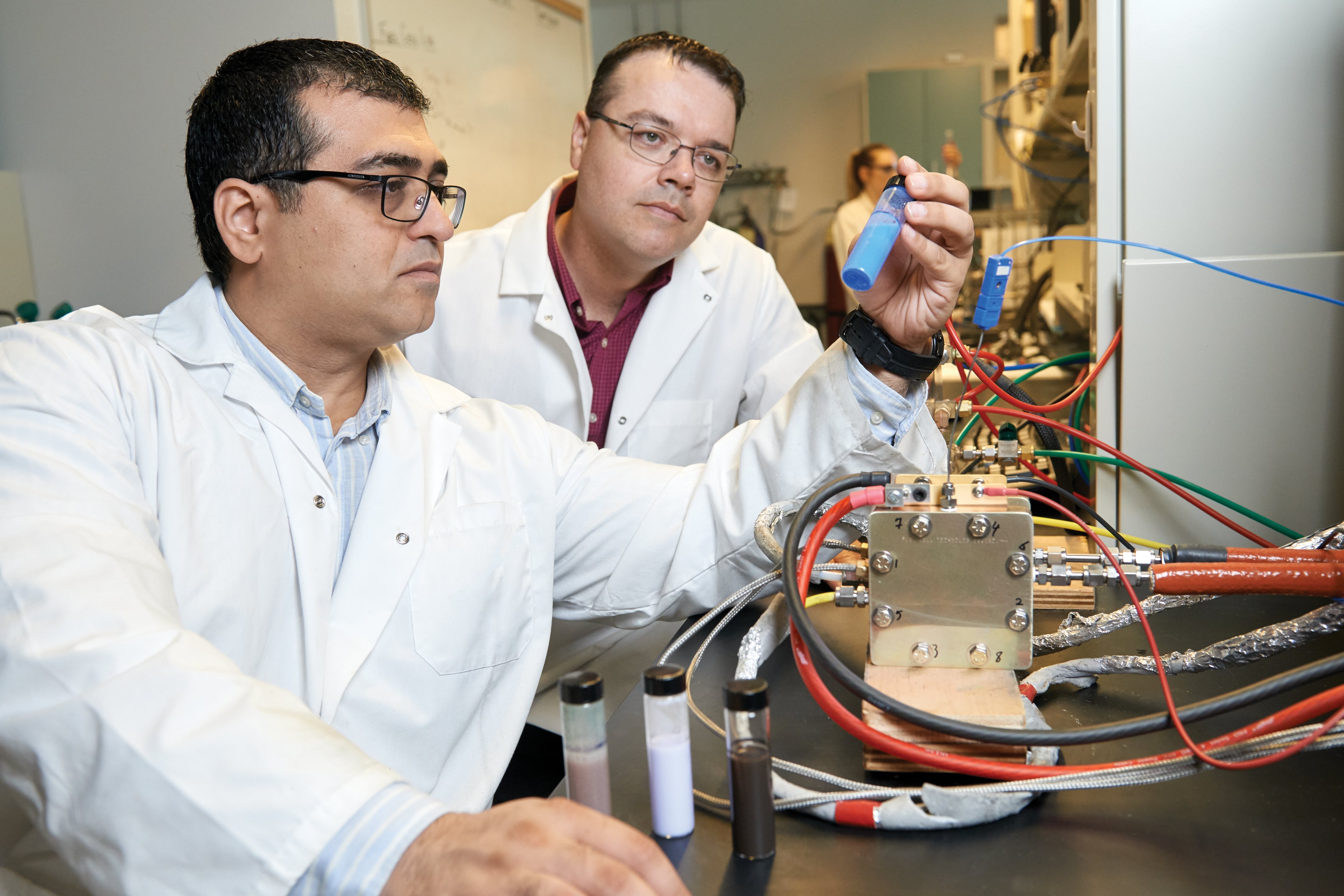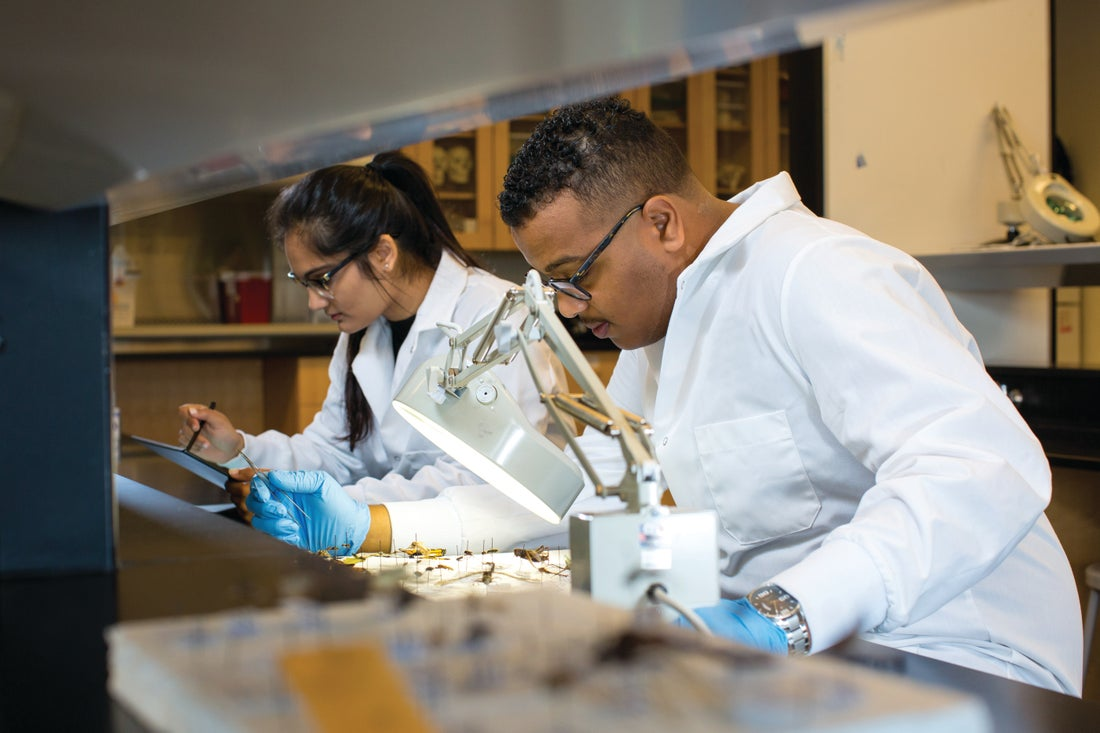Hey everyone, and welcome back to Student Speak! Today I want to talk to you about the differences between professors and teachers.
Transitioning from high school to university can be a big change; a large part of this is how your classes are run. Professors in university are much different from teachers in high school, keep reading to find out how!
1. They don't monitor you
High school involves attendance and monitoring, but not university. In high school, you do the homework your teachers assign you, they check to see if you've done it and they'll bug you to turn it in if it's late.
In university, it's really up to you to complete your assignments and papers on time. If you don't hand them in your professor likely won't notice and potentially won't allow you to submit after the due date. They won't remind you personally if your assignment is overdue so it's really up to you to stay on top of things.

This may sound scary, but don't worry! With a little bit of planning and time management, you'll find a flow that works for you. But don't confuse your professors not hassling you for assignments with them not caring.
They do want to see you succeed and will offer their help, they just don't have time to chase every one of their students—first-year classes can have up to 200 students! Your professors will often provide the class with reminders for upcoming assignments and exams, but it's your responsibility to stay on top of your work, start it early and reach out when you need help.
2. You can work with them

High school teachers are there for you strictly in a teaching sense, but professors are always looking for students to work with and help out in their labs.
You can get some really valuable experience working alongside your professors in their research. If you're interested in opportunities like this, you can email them and ask what volunteer opportunities there are!
I helped out in one of my professor's labs in a Directed Laboratory Research class. After which, she supervised my undergraduate thesis, and I was able to go to her for some advice on applying to graduate school. Having your professors know you personally really helps with your personal and academic development and doesn't hurt when you need letters of reference.
3. They can be available to you a lot more
University professors can be available to you as a resource a lot more than your high school teachers.
Outside of your lecture times, professors will have office hours where you can drop into their office and get help with whatever you need, or just to say hi. Most professors are also willing to meet with you outside of their office hours if needed.
Again, they will not chase you to provide their help, but if you need some clarification on lecture material or if you want to talk about their field of research, professors are happy to help and lend themselves to you outside of class time. Talking to them is not as scary as you think!
If I can give you one piece of advice from this whole blog, it's to go to your professor's office hours to view your midterms after you've written them. Doing so allows you to see where you've gone wrong and where you can improve for next time.
4. The way they teach
Another difference between high school teachers and university professors is the format of your classes. Your professors will give a lecture (anywhere from an hour to three hours long), and you'll take notes. They typically go at a faster pace than your high school teachers, but you can always ask them to go back and repeat something!

There will also be readings for you to keep up with, outside of class time that are often testable. This may seem daunting, but you get to set your own schedule and manage your time how you see fit.
5. They can be less formal

The keyword here is can. You should always address your professors professionally and with their doctor prefix, unless they say otherwise.
You will have professors that expect formality all the time. but you'll find a lot of professors will tell you to call them by their first names.
In high school, you always call your teachers miss or mister, but in university, a lot of the time you'll be talking about what your professor "Josh" is teaching this week.
You can develop great mentorships and working relationships with your professors if you utilize them correctly. Don't be scared to talk to them and network, they want to see you succeed!
Want to learn more about the programs the professors at our university instruct?










